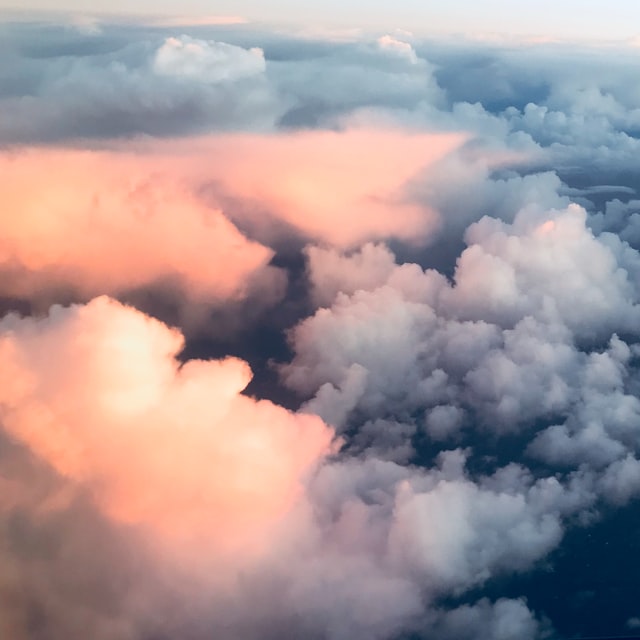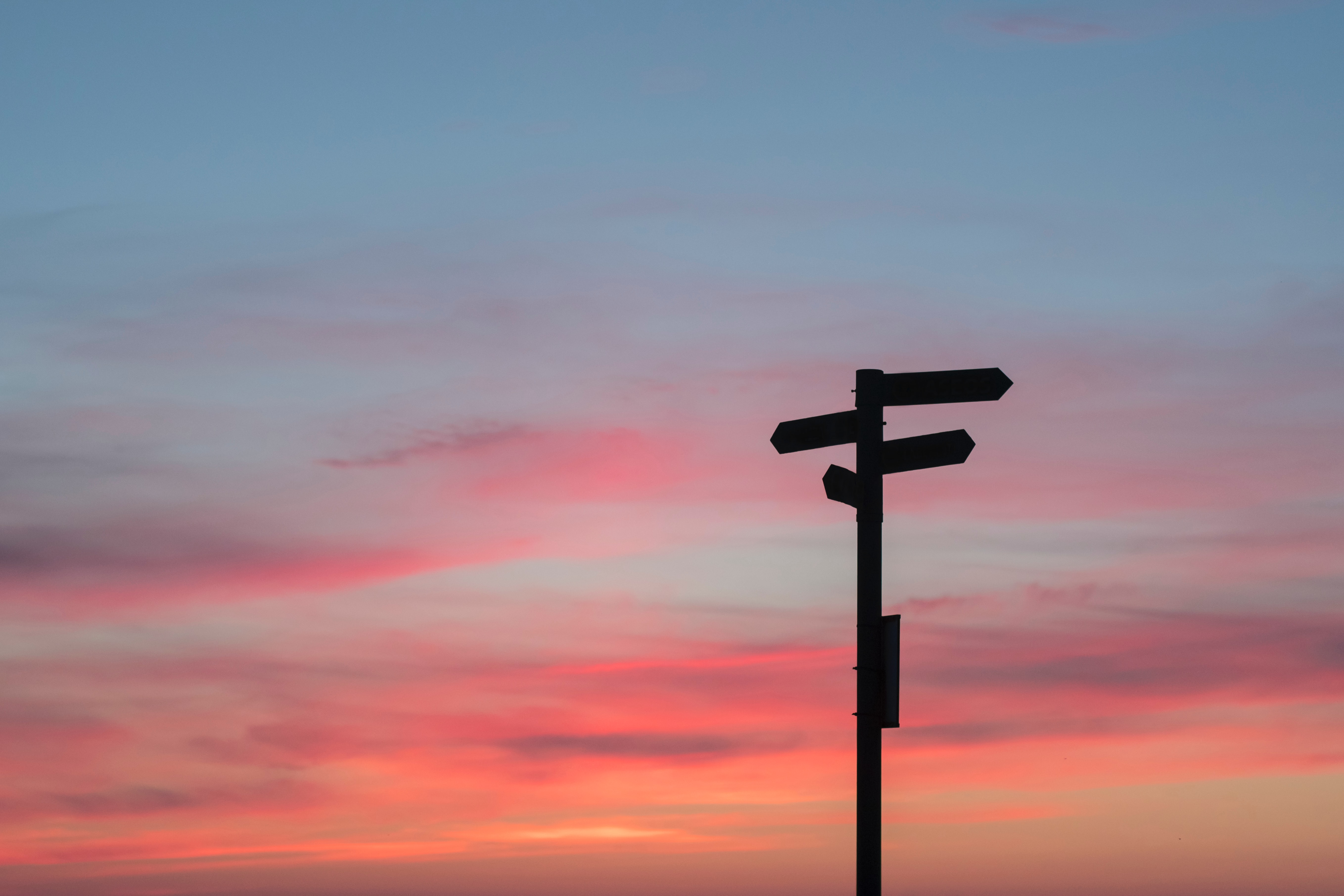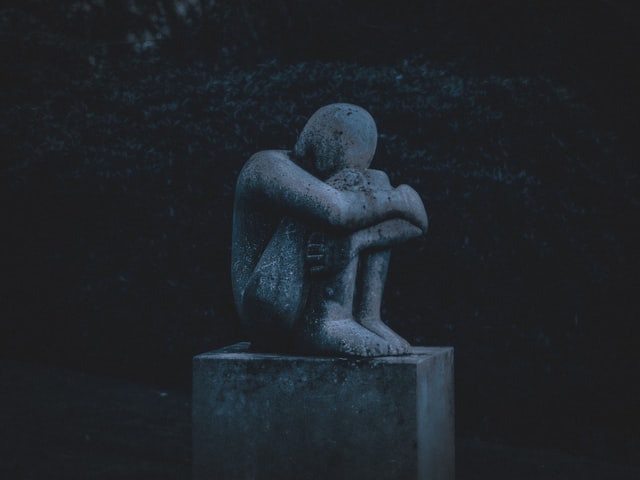Overthink
With Our Heads in the Clouds: Creating a New Dream for the World
We live in a world that’s been constructed by those who came before us...
Apr 16, 2020

We live in a world that’s been constructed by those who came before us. We all live in a dream world made powerful by the belief of individual dreams says Don Miguel Ruiz in self-improvement guide The Four Agreements. We’ve been adapted, or, more precisely, indoctrinated, to blend into a world by those who instruct us. The same ways those who came before them were also taught. In this equation, education is as much to lineate as it is free. Even though we hear this idea in many different iterations,
“Society, unlike biochemical processes, does not escape human influence. Man is what brings society into being” (Frantz Fanon, Black Skin, White Masks).
“…my daughters are the light of my life, it’s just that I thought after all these sacrifices, at least my family would be close, but it surprised me to discover that my daughters lived in their own worlds” (Laila Lalami, The Other Americans).
it feels like some kind of epiphany to realize we each live in our own “dream,” a tight choreography of the larger social “dream.” So much so that if we wanted to break away, a path is hard to find. The imagination is limited to what has come before, and some dreams fail to take form if there are few cultural scripts to support it. Yet, we strive by moving through the mitote, or the fog of perception, and building the railing to our own dreams.
In Lalami’s novel, The Other American, one of the main protagonists, Nora, is constantly accused by her family of “having her head in the clouds,” she’s too dream-y. She lives in a world that is unreachable to her family. Because they don’t understand, she’s accused of living in a fantasy. The mitote is easy to see when it conflicts with one’s own mitote. Some fog is like oil and water. They push back and refuse to blend—I did learn though that a little mayonnaise will help the oil and water hold, but I don’t know how to find that type of dream emulsion. So, Nora is constantly reminded how her choices don’t fit into her family’s dream.
When the world’s dream overcomes me, I feel trapped by its fog. I must do this and not that. Sometimes the shame or fear of mistakes follows me around. I’ve learned to keep it at social distancing reqs, but if I drop my guard, it’ll overtake me. My body will fill with the electrifying effects of anxiety, and I’ll replay the moment over and over in my head trying to identify where I went wrong like I’m trying to burst one of those impossible fair balloons with a dart. I worry that I’ve said the wrong thing. Worry that I don’t know what that wrong thing even is. I imagine what everyone is thinking of me because of it—to clarify, none of it good. The shame weighing down my stomach like my cat drops to the ground so he doesn’t have to leave the room. Why they love it, I have no idea. Why this weight follows me, I have an idea. Like Nora, I’m trying to live in a dream that wasn’t designed for me.
I don’t think it’s too far of a shot to say that the world’s dream is falling apart—obviously the first-world American dream because that’s the one that I collide with daily. And, like identifying where I went wrong, it’s disgustingly satisfying to see the points of failure in our systems exposed and raw. Disgusting because so many people who don’t deserve to pay for these failures will, and so many people who deserve to pay won’t—as Ava DuVernay's and Michelle Alexander's incredible works have so kindly made clear for the world. The hard truth is that some dreams are lies, and the American Dream has always been such.
One of my favorite ways that Ruiz says we can change our lives and create our own “heaven” is by confronting death constantly. There is literally an app for this, see “WeCroak,” which was obviously a product of safety and comfort pre-COVID-19. Right now, we’re faced with so much death. Real death and tragedy and pain. Metaphorical death of society’s dream as it’s tries to hang on. The numbers of cases and deaths continue to climb. Places like Wal-Mart have to barricade their doors and let only a handful of folks in at time to allow for proper social distancing, essentially protecting us from ourselves and our choices and the heavy veil of mitote.
Though we live in a constant dream state, this dream is oftentimes beautiful, much more than I allow myself to see. There are people going out every day to make sure students have their two meals a day even if school is out. There are people hosting fundraising campaigns on Twitter to support those in need. There are people counting us at the doors of Wal-Mart. There are nurses and doctors using garbage bags to protect themselves and continue doing the saving. The problem and solution lie equally within us, “The prognosis is in the hands of those who are prepared to shake the worm-eaten foundations of the edifice.” Here, again, is Fanon coming through by holding colonial dreams accountable and reminding us we have the power to shake the world anew if we’re willing to grab the edges of this dream’s decaying foundations. So, let’s grab and shake by donating and voting and resisting and loving and holding all the while still dreaming from our vantage within the clouds.

